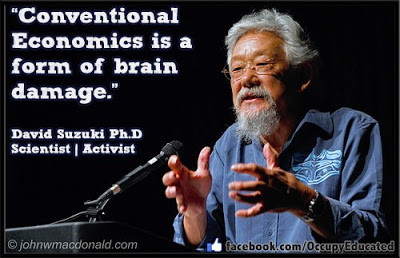|
Sign up for the “Leaving Troubles Behind You” Get Free Instant Access |
The Four Habits that Form Habits
|
Sign up for the |
Where Do I Start? (Ask Dieter)
This is the first issue of “Ask Dieter”, a monthly no-cost program that is open to everyone!
Thank you for all the 28 questions I’ve received, keep them coming! I’ve answered all of them, and chosen the first one to come in to be published here:
This month’s question from my portal “Ask Dieter: Directions
for living a meaningful Life” comes from someone who wishes to remain anonymous.
I have been trying to write a Paper for University, which I consider to be very important, as it demonstrates the possibilities for a huge shift in how care can be delivered for each individual, sensitively, and in a way that each finds comfortable.
Because of the importance of this work, I am not happy submitting anything less than my best effort. However, personal difficulties, illness, lack of finances and lack of support have left me feeling demoralized, lacking the drive and passion that required to finish the work.
I do not believe that I lack staying power or perseverance. I am extremely persistent once I have started. But I have now started this work so often, that I feel defeated before I start.
How do I overcome this?
Hi and thanks for your question.
Apparently something is blocking you. And I’m not primarily referring to the outside events. And in a way you are giving the answer yourself: “lacking the drive and passion that required finishing the work”, aren’t you?
Frankly, this has happened to me many times as well (and still does): contemplating about a great new project, business idea and it’s implementation, a conversation I should have with someone, whatever. And then – all of a sudden – problems popped up. Both from corners I never would have expected it, as well as things I should have dealt with before, but haven’t.
Painful experience let me to the conclusion that there is a bigger obstacle behind all of this:
I had no clear answer to the question why I really wanted to do it. Sometimes it was simply to make money, other times to really help people solve their problems, and other times it was something I considered utterly unjust and in need to be corrected, sometimes it was just to prove that I can do it (as well, or even better than all others), or to get recognition from the people I considered important.
Now I’m not saying that any of these (or any other) reasons are bad. I only need to become aware, really aware, of why I want to undertake something.
And then you are left with two options: a) the idea looses it’s appeal; because it was just a placeholder for something much more important you should deal with. Or, understanding the real “why” gives me the needed kick to finally get started. With positive inspiration, inside-out.
So 1st, answer to yourself the question why you really, really want to do it. And then, be reasonable and follow your guts feeling – forget it or go for it, with a completely different kind of energy.
Live a meaningful life,

Dieter Langenecker
PS: “Ask Dieter: Directions for living a meaningful Life” is a monthly no-cost
program that is open to everyone! Each month, I’ll select and personally respond to one question received via the above “Ask Dieter” page that I feel in my heart will help the most people. (You may choose to remain anonymous if you wish, with our full support.) It is my deep, heartfelt intention that in answering your questions I may provide you with wisdom inspirations that in committed application will set you free. Simply submit YOUR burning question at: www.langenecker.com/askdieter.html
7 Reasons To Sign Up For Free LifeMentoring Tips |
Change occurs GRADUALLY, not all at once!
|
|
|
“Ask Dieter”
Ask Dieter starting today
“Conventional Econmics is a form of brain damage”
Economics is so fundamentally disconnected from the real world, it is destructive. If you take an introductory course in economics, the professor—in the first lecture—will show a slide of the economy, and it looks very impressive. They try and impress you, because they know damn well that economics is not a science, but they’re trying to fool us into thinking that it’s a real science; it’s not.
Economics is [just] a set of values, and [they] use mathematical equations and pretend that it’s a science. But, if you ask the economist, ‘in that equation, where do you put the ozone layer? Where do you put the deep, underground aquifers? Where do you put top soil or biodiversity?’, their answer is ‘oh, those are externalities.’ Well, then you might as well be on Mars! That economy’s not based [on] anything like the real world. It’s life, the web of life, that filters water, it’s microorganisms in the soil that create the soil we can grow our food in…insects fertilize all of the flowering plants…nature performs all kinds of services…these services are vital to the health of the planet. Economists call these externalities; that’s NUTS.”













